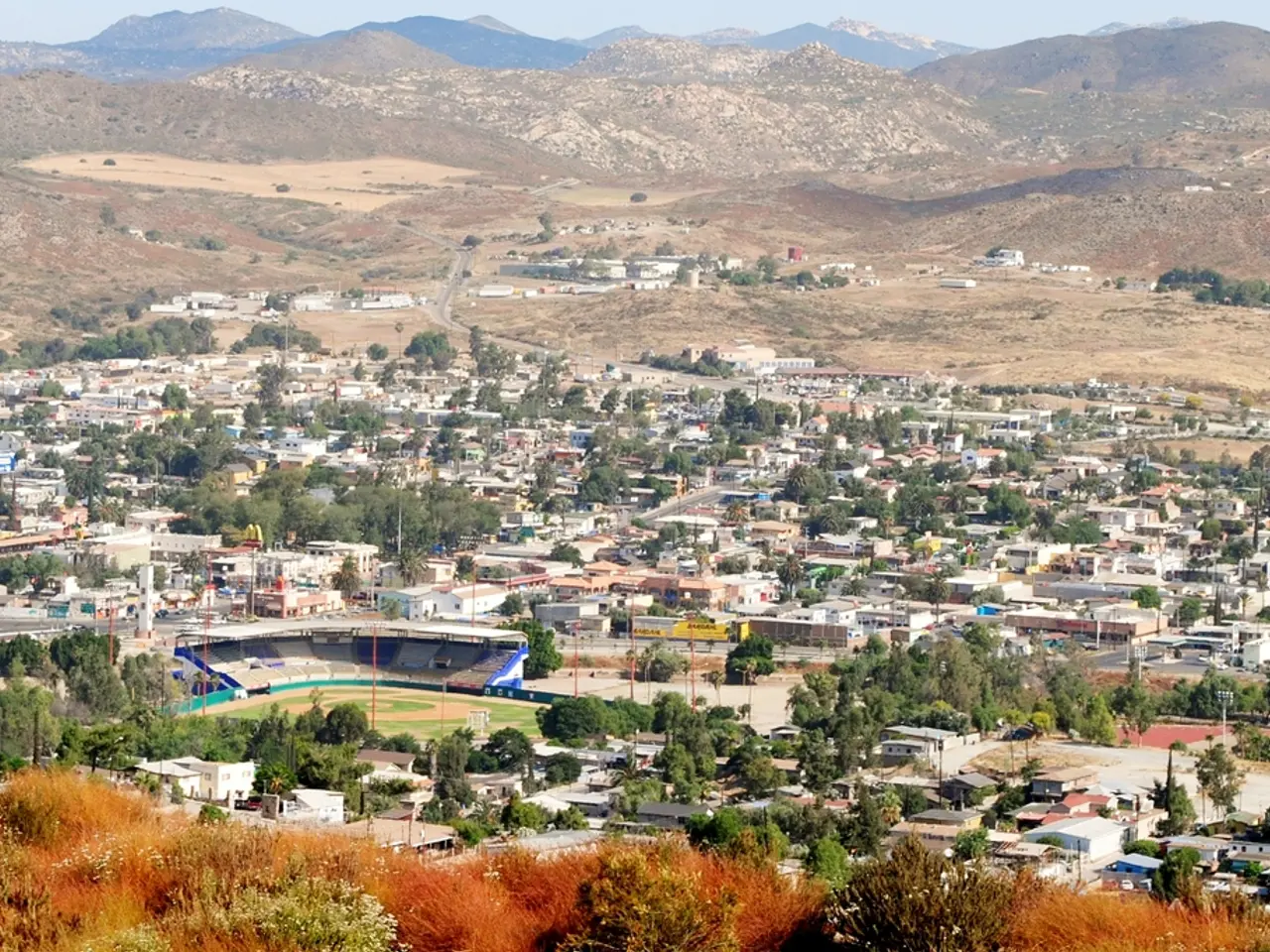Waterway Dispute at Khor Abdullah: Is It a Navigation Agreement or a Border Concession?
A long-standing agreement between Iraq and Kuwait regarding navigation in the shared Khor Abdullah waterway has sparked debate and protests in Iraq. The agreement, signed on April 29, 2012, is intended to regulate maritime traffic, environmental protection, and safety within the estuary that forms Iraq's only gateway to the Arabian Gulf.
Amir Abdul Jabar, a former transport minister, argues that the agreement is meant to delineate a maritime border rather than regulate navigation. He contends that the agreement gives Kuwait more control beyond the boundary demarcated by the UN Security Council Resolution 833. However, Fadi Al Shammari, a political adviser to the current prime minister, asserts that the agreement aims to regulate navigation and has nothing to do with border demarcation.
The agreement was ratified in 2013 by the Iraqi parliament. Proponents argue that the agreement is legally binding under international law and has been approved by both the Iraqi Council of Ministers and Parliament. Critics, on the other hand, claim the agreement harms Iraq’s sovereignty and interests, particularly impacting projects like the Development Road initiative near the Al-Faw port. They argue that the agreement was improperly ratified and should be withdrawn.
The Iraqi Federal Supreme Court invalidated the law ratifying the agreement in September 2023, ruling it violated the Iraqi Constitution. However, this ruling is contested by Iraq’s top judicial authority, who labels it legally unfounded and warns that accepting this interpretation would nullify hundreds of Iraq’s international agreements, destabilizing its legal order and exposing it to international liability.
Article 2 of the agreement defines the "waterway" as the area from the point where the maritime channel at Khor Abdullah meets the international boundary between the points 156 and 157 heading south to the point 162 set by the Resolution 833. However, Mr Abdul Jabar points out that the definition of the waterway in the agreement doesn't stop at the 162 point - the one set by the UN Security General resolution.
The agreement stipulates that it "shall remain in effect indefinitely" but can be mutually terminated with six months' notice, and this also applies to amending it. After the ruling, the Iraqi government has sought to reverse it, but these requests were withdrawn early this month and the agreement was sent back to parliament to approve in a two-thirds majority.
The GCC and US have called on the Iraqi government to ensure that the agreement remains in force. Kuwait is also in dispute with Iran over their maritime border and Al Durra offshore gasfield in the Arabian Gulf. Kuwait and Saudi Arabia claim they have "exclusive rights" to Al Durra and have called on Iran to validate its claim by demarcating its maritime borders.
The Iraqi government has assured Kuwait that it is committed to all its international agreements. Despite the controversy, the Iraqi population is divided about the agreement, although many of the Iran-backed political parties and armed groups are echoing the government stance. A public campaign is also set to be launched to collect signatures for a petition for the UN Security Council.
[1] UN Security Council Resolution 833 [2] Iraqi Federal Supreme Court Ruling [3] Iraqi Constitution [4] Iraqi Federal Court Decision
- The Iraqi Federal Supreme Court Ruling, made in September 2023, invalidated the law ratifying the agreement between Iraq and Kuwait regarding navigation in the Khor Abdullah waterway, contending it violated the Iraqi Constitution.
- The agreement between Iraq and Saudi Arabia, signed on April 29, 2012, regulates maritime traffic, environmental protection, and safety within the estuary that forms Iraq's only gateway to the Arabian Gulf, as specified in Article 2 of the agreement.
- Fadi Al Shammari, a political adviser to the current prime minister, emphasizes that the agreement aims to regulate navigation, denying any claims it is meant to delineate a maritime border between Iraq and Kuwait.
- The GCC and US have urged the Iraqi government to maintain the agreement in effect, citing international law and the importance of upholding commitments, despite the ongoing controversy and debates in the Iraqi government and population.
- Amir Abdul Jabar, a former transport minister, opposes the agreement, contending it gives Kuwait more control beyond the boundary demarcated by the UN Security Council Resolution 833, including a disputed area beyond the 162 point specified in the agreement.







